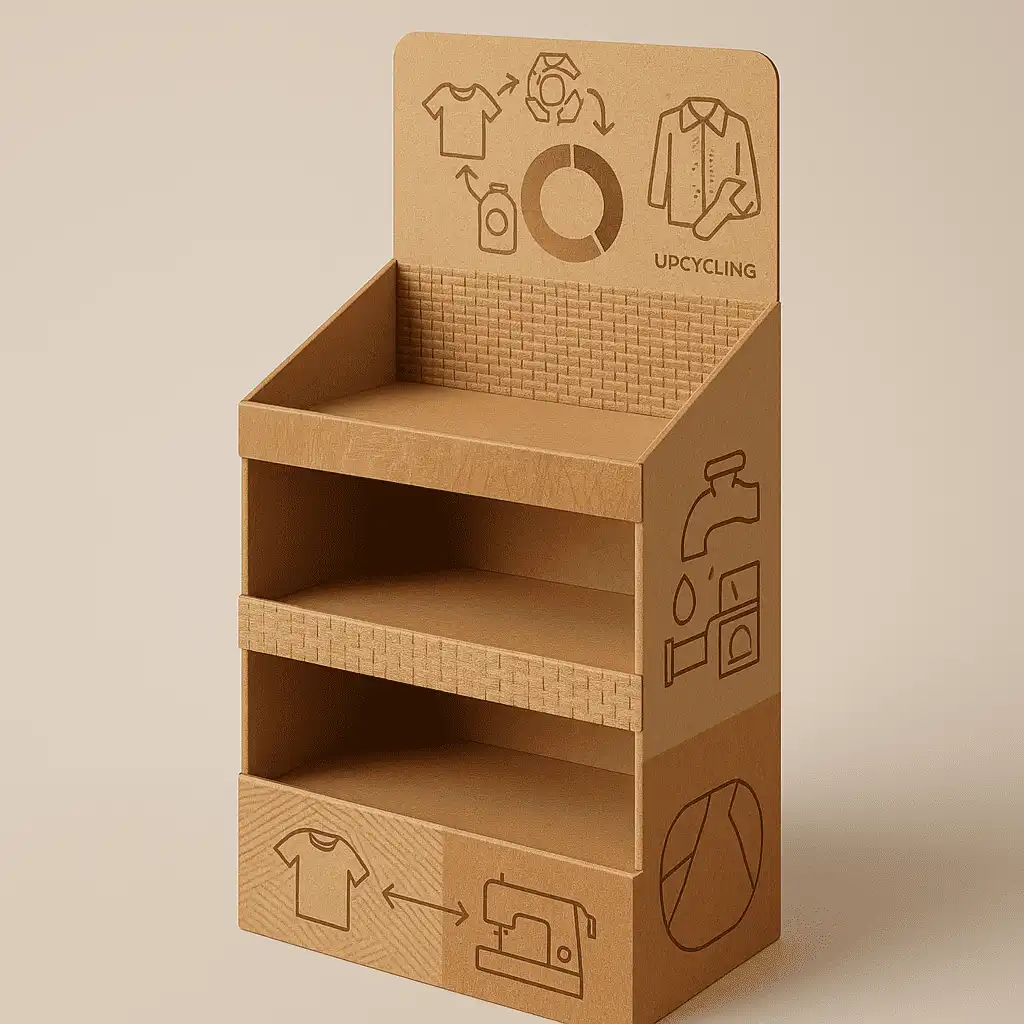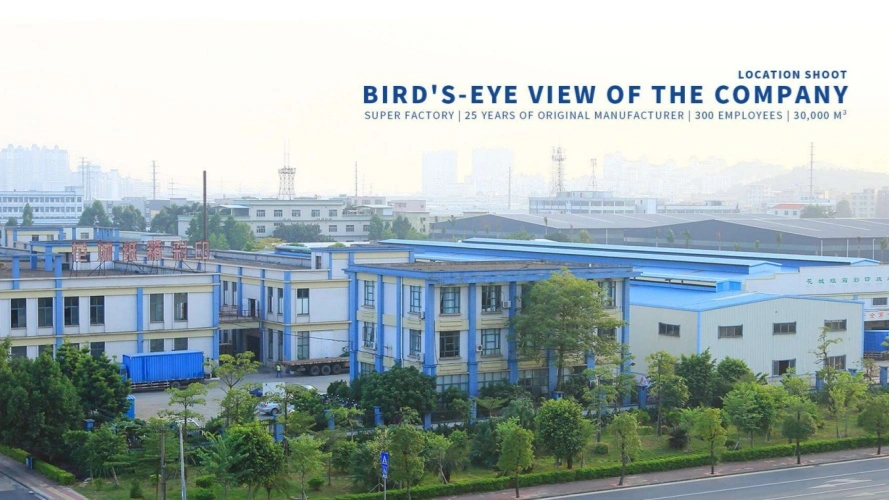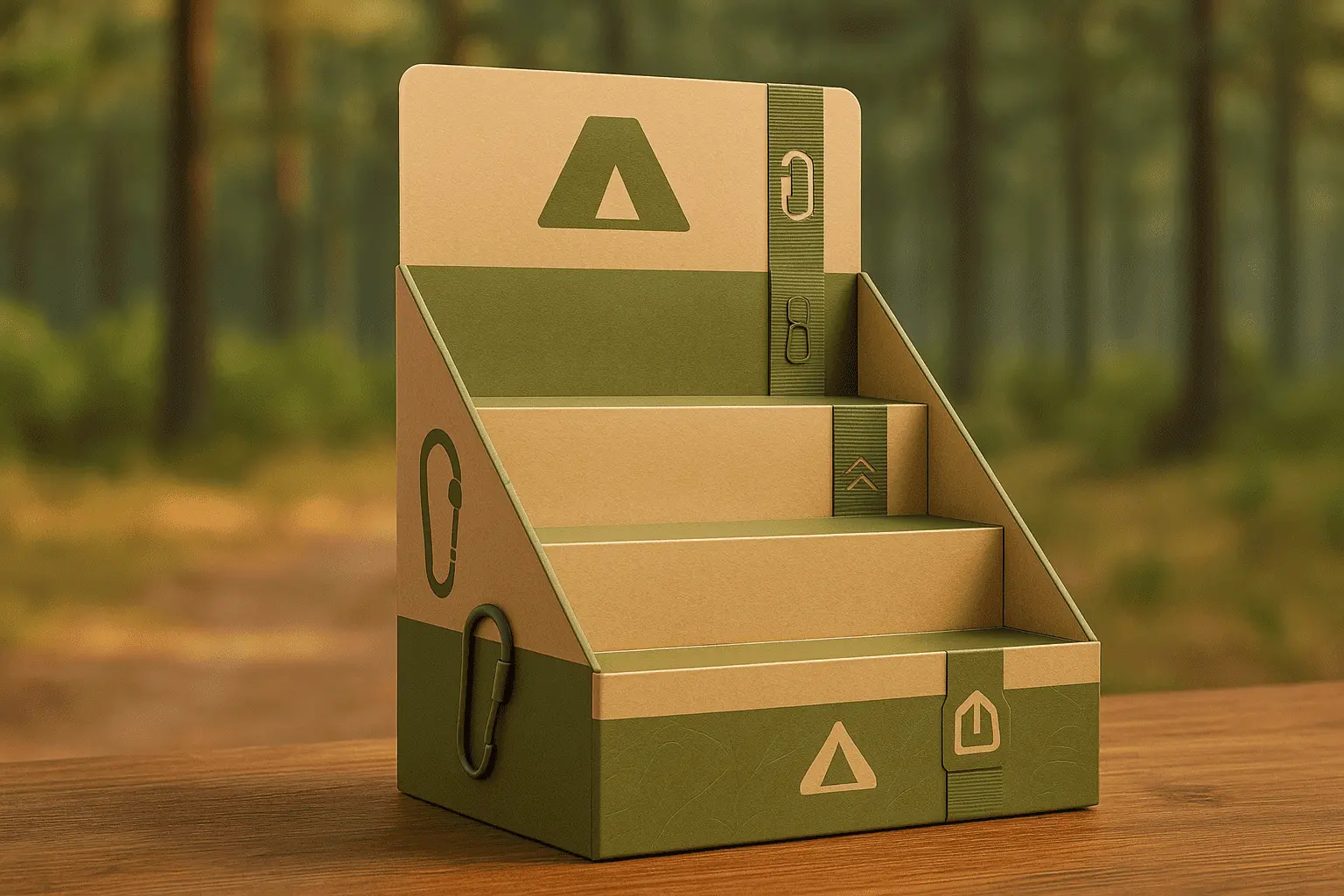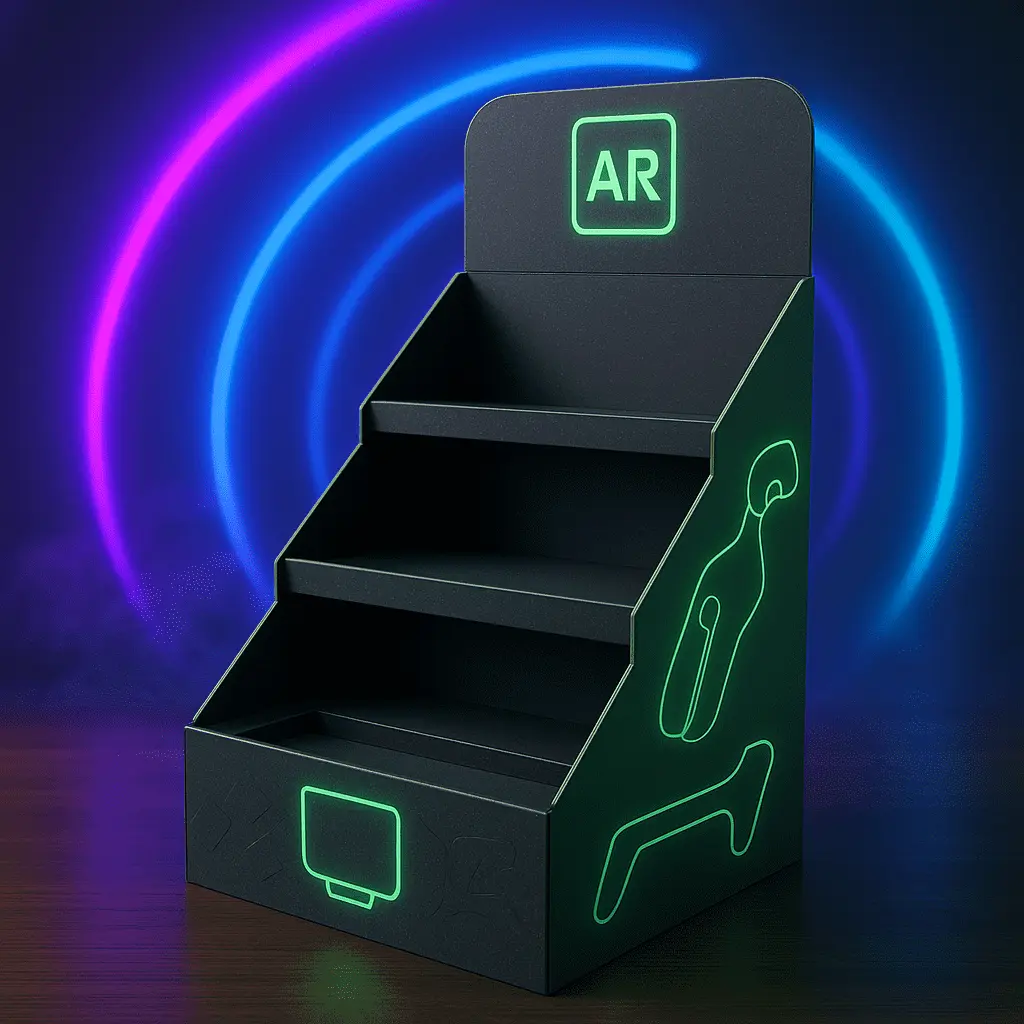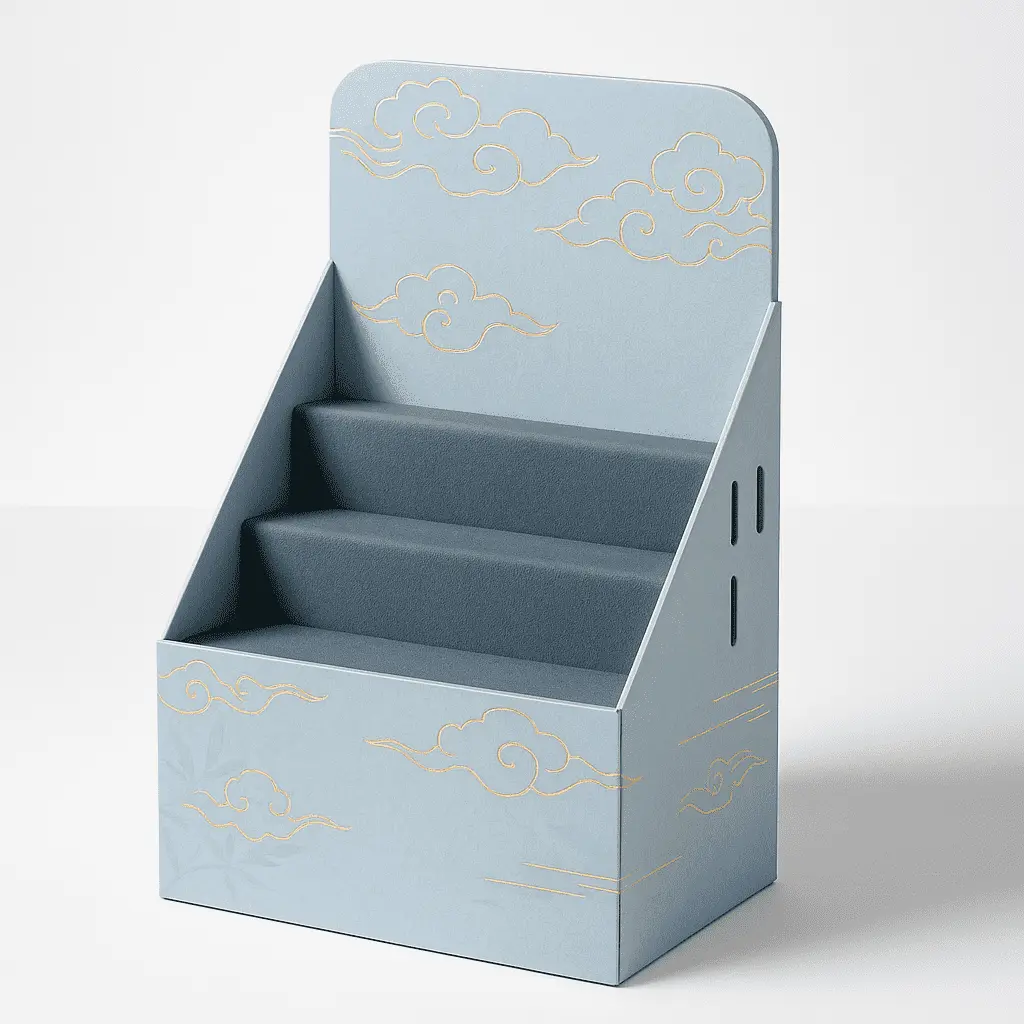Designing an Effective PDQ Pallet Display
Understanding Your Target Audience
Some time recently plunging into the plan prepare, it's pivotal to have a profound understanding of your target group of onlookers. Consider their socioeconomics, shopping propensities, and inclinations. This information will illuminate each perspective of your PDQ pallet display plan, from color choices to item course of action. For occasion, if your target group of onlookers comprises of health-conscious millennials, you might select for a clean, moderate plan with eco-friendly materials and clear wholesome data unmistakably shown.
Incorporating Brand Elements
Your PDQ pallet display should serve as an extension of your brand identity. Incorporate your brand colors, logo, and messaging consistently throughout the display. This not only reinforces brand recognition but also creates a cohesive look that stands out on the retail floor. Consider using unique shapes or structures that align with your brand personality – a playful brand might use curved edges and bright colors, while a premium brand might opt for sleek, sophisticated designs with metallic accents.
Optimizing Product Visibility
The primary goal of a PDQ pallet display is to showcase your products effectively. Design your display with product visibility in mind. Use tiered shelving or angled displays to ensure that products at the back are as visible as those in the front. Consider incorporating lighting elements to highlight key products or features. Additionally, leave enough space between products to prevent a cluttered appearance and allow customers to easily access and examine items.
Manufacturing and Material Considerations
Selecting Appropriate Materials
The choice of materials for your PDQ pallet display is crucial for both durability and visual appeal. Corrugated cardboard is a popular choice due to its versatility, cost-effectiveness, and eco-friendly nature. For more premium products or longer-term displays, consider materials like wood, metal, or high-quality plastics. Each material has its own strengths – cardboard is lightweight and easily customizable, while metal offers durability and a high-end look. Consider the weight of your products, the expected lifespan of the display, and your budget when making material decisions.
Ensuring Structural Integrity
A well-designed PDQ pallet display must be able to withstand the rigors of transportation, setup, and customer interaction. Work with experienced designers and manufacturers to ensure your display has adequate support structures. This might include reinforced corners, sturdy bases, or interlocking components for easy assembly. Consider the weight distribution of your products and design the display to prevent tipping or collapsing. For displays with multiple tiers, ensure each level can support the weight of fully stocked products.
Incorporating Sustainable Practices
In today's environmentally conscious market, incorporating sustainable practices into your PDQ pallet display manufacturing can be a significant advantage. Consider using recycled or recyclable materials, and design your display for easy disassembly and recycling at the end of its life. You might also explore biodegradable options for short-term displays. Communicate your sustainability efforts through your display design or accompanying signage – this can resonate strongly with eco-conscious consumers and enhance your brand image.
Maximizing Retail Impact and Performance
Strategic Placement in Retail Environments
The location of your PDQ pallet display within a retail space can significantly impact its performance. Work with retailers to secure prime locations, such as end caps, near checkout areas, or in high-traffic aisles relevant to your product category. Consider designing modular displays that can be adapted to different retail environments – what works in a large supermarket might need adjustments for a smaller convenience store. Additionally, ensure your display is easily movable, allowing retailers to reposition it for maximum impact during different seasons or promotions.
Incorporating Interactive Elements
To truly engage customers and make your PDQ pallet display memorable, consider incorporating interactive elements. This could include touch screens with product information, QR codes linking to digital content, or even simple mechanical features like spin wheels or flip cards. These interactive components not only attract attention but also provide valuable information to customers, potentially increasing the likelihood of purchase. Ensure that any interactive elements are durable and easy to use, enhancing rather than complicating the shopping experience.
Measuring and Analyzing Performance
The success of your PDQ pallet display should be measured and analyzed to inform future strategies. Work with retailers to track sales data for products featured in the display. Compare this to previous sales figures or sales of similar products not featured in PDQ displays. Additionally, consider conducting customer surveys or observational studies to gather qualitative data on how shoppers interact with your display. Use this information to refine your design, product placement, and overall strategy for future displays, ensuring continuous improvement in your point-of-purchase marketing efforts.
Conclusion
Creating a successful custom PDQ pallet display involves a multifaceted approach that combines strategic design, quality manufacturing, and retail savvy. By focusing on understanding your audience, maintaining brand consistency, choosing appropriate materials, ensuring structural integrity, and maximizing retail impact, you can create displays that not only catch the eye but also drive sales. Remember, the key to long-term success lies in continuous analysis and improvement, adapting your strategies based on real-world performance data and evolving consumer trends.
Contact Us
Ready to elevate your retail presence with custom PDQ pallet displays? Our team of experienced designers and manufacturers is here to bring your vision to life. Contact us at support@fetchingprinting.com to discuss your project and learn how we can help you create impactful, high-performing displays tailored to your brand and products.
